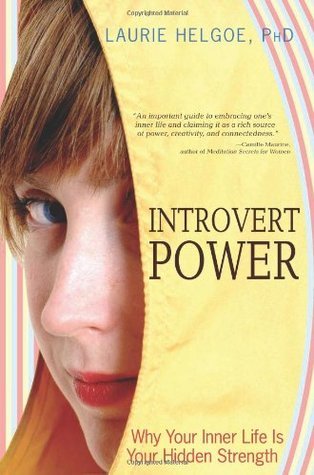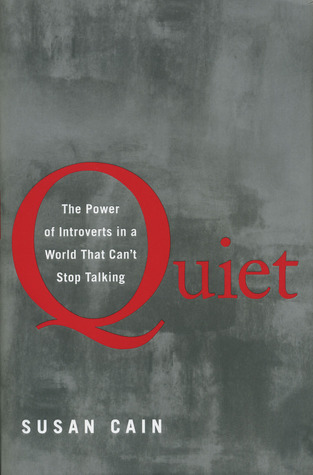
The Introvert's Way: Living a Quiet Life in a Noisy World
Book Description
Amidst a cacophony of chatter and bustling crowds, the introvert feels like a ghost—seen but seldom heard. In "The Introvert's Way: Living a Quiet Life in a Noisy World," Sophia Dembling unveils the beauty of solitude and the strength found in silence. With vivid anecdotes and sharp insights, she explores how embracing one's quiet nature can lead to profound connections and a fulfilling life, despite societal pressures to fit the extroverted mold. As the world clamors for attention, will the introvert dare to step into the light and claim their space?
Quick Book Summary
In "The Introvert's Way: Living a Quiet Life in a Noisy World," Sophia Dembling sets out to redefine what it means to be an introvert in an extrovert-centric society. Drawing on psychology, personal anecdotes, and cultural observations, Dembling champions introversion as a legitimate and valuable personality trait. She encourages readers to shed feelings of inadequacy and to recognize the strengths found in quietude—such as deep thinking, empathy, and creativity. The book offers practical advice for navigating relationships, work environments, and social expectations, all while honoring one’s need for solitude. Dembling’s compassionate, humorous style reassures introverts that their quiet presence is vital, and that fulfillment is found not by mimicking extroverts, but by embracing their unique way of being.
Summary of Key Ideas
Table of Contents
Embracing Introversion as a Strength
Sophia Dembling opens the discussion by challenging widespread misconceptions about introversion. She explains that introversion is not shyness, misanthropy, or social awkwardness—rather, it is a distinct temperament marked by a preference for depth over breadth and meaningful over superficial interaction. Dembling encourages readers to reevaluate negative judgments of quietness and instead recognize introversion as a pillar of personal strength. Through cultural critique and personal narrative, she proposes that society’s relentless demand for ‘loudness’ often ignores or diminishes the power of reflection, listening, and observation—core introvert qualities.
Navigating Relationships and Communication
Practical strategies and relatable stories help readers navigate the challenges introverts face in relationships and communication. Dembling discusses common issues such as the dread of small talk, the exhaustion that follows group activities, and the necessity of creating boundaries. She suggests that meaningful relationships for introverts are built on authentic conversation and emotional depth, rather than on conformity to social norms. By advocating for clear communication with family, friends, and colleagues, she shows that introverts can thrive without sacrificing their comfort or identity.
Self-Care and Preserving Energy
Self-care emerges as a central theme. Dembling underscores the importance of respecting personal energy limits, arguing that introverts need to regularly recharge by retreating into solitude or engaging in solitary pursuits. She offers tips on structuring environments—both at home and at work—to minimize overstimulation and maximize productivity. This focus on self-preservation is not about avoidance, but about maintaining mental health and harnessing the strengths of introversion in a noisy, demanding world.
Challenging Societal Biases About Introversion
Addressing the broader cultural narrative, Dembling critiques societal biases that valorize extroversion and treat introversion as a flaw to be fixed. She highlights the subtle (and overt) pressures to be more outgoing, louder, or constantly social. Through research and analysis, Dembling demonstrates how these messages infiltrate families, schools, and workplaces, often leaving introverts feeling marginalized or unseen. Her message is one of validation, calling for a shift in both self-perception and collective attitudes.
Finding Fulfillment by Living Authentically
The culmination of the book is an invitation to live authentically. Dembling inspires introverts to claim their space in the world—not by becoming louder, but by leaning into their natural tendencies. She celebrates the quiet ways introverts excel: deep creativity, thoughtful leadership, and empathetic connection. By normalizing introversion and offering encouragement, Dembling empowers readers to find fulfillment on their own terms and to confidently shape lives that work for them amidst the clamor of modern society.
Download This Summary
Get a free PDF of this summary instantly — no email required.





